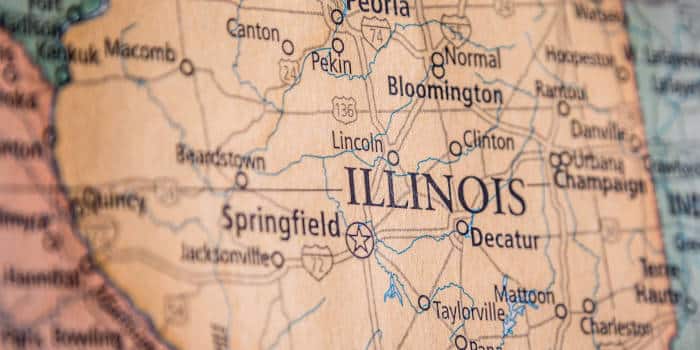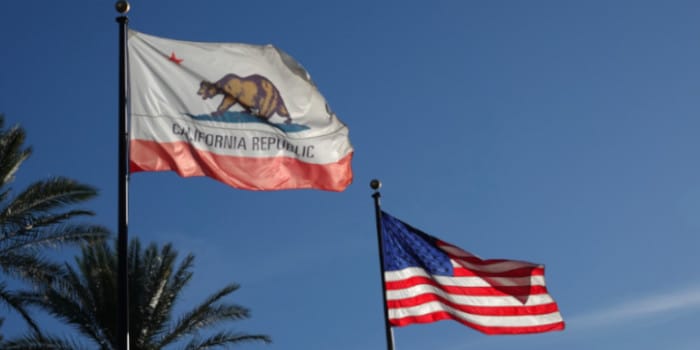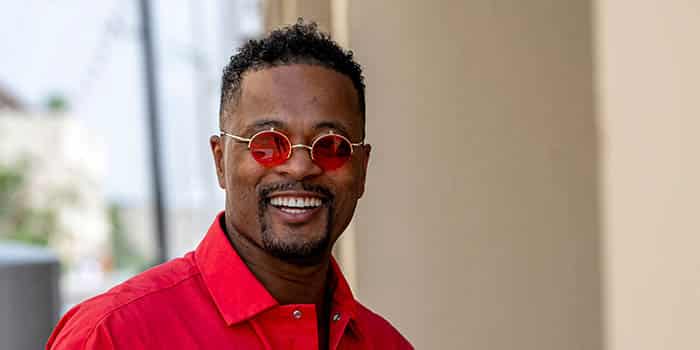- Casino
- By State
- Alabama
- Alaska
- Arizona
- Arkansas
- California
- Colorado
- Connecticut
- Delaware
- Georgia
- Florida
- Hawaii
- Idaho
- Illinois
- Indiana
- Iowa
- Kansas
- Kentucky
- Louisiana
- Maine
- Massachusetts
- Maryland
- Michigan
- Minnesota
- Mississippi
- Missouri
- Montana
- Nebraska
- Nevada
- New Hampshire
- New Jersey
- New Mexico
- New York
- North Carolina
- North Dakota
- Ohio
- Oklahoma
- Oregon
- Pennsylvania
- Rhode Island
- South Carolina
- South Dakota
- Tennessee
- Texas
- Utah
- Vermont
- Virginia
- Washington
- West Virginia
- Wisconsin
- Wyoming
- By State
- Slots
- Poker
- Sports
- Esports
Sport Betting in Florida Silently Clears a Major Hurdle, but Trouble Remains

In spite of multiple attempts to derail the effort, Florida’s legalized sports betting market is now only inches from the finish line. The federal government’s Bureau of Indian Affairs (BIA) had 45 days to approve the state’s gaming compact with the Seminole Tribe of Florida and has allowed that window to close with no response. As a result, there’s now almost nothing standing in the way of legal sports betting coming to Florida within the next couple of months. Whether more casinos will dot the landscape is still another chapter to be written.
Florida Close to Legalized Sports Betting
The Seminole Tribe and Florida Governor Ron DeSantis worked out a deal to give the tribe a new 30-year gambling compact that will significantly extend its reach in the state. After it was approved by state lawmakers, it was sent to the BIA in the Department of the Interior, which needed to sign off on the agreement in order for it to proceed. The BIA, with its authority over virtually all matters pertaining to native Indians, has been quick to respond this year when presented with new gaming compacts; however, fell silent with Florida’s new arrangement.
The DIA had 45 days to respond with either an approval or a rejection of the compact. Perhaps the public resistance to the agreement had an impact, but the federal agency let the window close without a word, which essentially means that the DIA approved the agreement without technically approving it. Due to the way the compact was written, the Seminole tribe, which will have control over the state’s sports betting market, could now bring sportsbooks to the Sunshine State as early as October 15, and it’s likely that it is already putting the puzzle together for a quick launch when the time comes.
The DIA’s Balancing Act
While the DIA allowed the gaming compact, which also contains provisions for new casinos in the state, to advance by not approving it, the agency hasn’t been totally silent on the matter. Bryan Newland, a deputy assistant secretary for Indian affairs, penned a 12-page letter to Governor DeSantis and Seminole Tribe of Florida Chairman Marcellus Osceola Jr. on Friday. In it, he explained that the Indian Gaming Regulatory Act (IRGA) was never meant to be all-encompassing and that “evolving technology should not be an impediment to tribes participating in the gaming industry.” He was referring, in part, to online sports betting, which has been the center of controversy in Florida. Newland added that the “pursuit of mobile gaming is in line with the public policy considerations of IGRA to promote tribal economic development, self-sufficiency, and strong tribal governments.”
Newland also explained, based on that same logic, that tribes should be afforded the opportunity to participate in the gaming space at almost any level. This would seem to indicate that any tribal gaming compact that appears before the DIA is going to be approved, provided it doesn’t grossly misrepresent the tribe, the respective state or the industry. However, Newland pointed out that, in states with more than one tribe, restrictions might be necessary to ensure a player physically located on a particular tribe’s recognized land can’t access the online sportsbook of another tribe.
The Debate Isn’t Over
Just because the DIA has signed off on the compact by not signing off on it, this doesn’t mean that the controversial compact is done being the center of attention. There is still a federal lawsuit that has to be considered and even Newland recognized that there were portions of the compact that might cause issues. He indicated that the DIA is “concerned with revenue sharing provisions in this compact” and that it “does not endorse the marketing agreement arrangement.”
There are also “significant concerns” in the agency over provisions that give jurisdiction to the state to settle patron disputes and legal claims. This, says Newland, “may violate the limited reach of civil jurisdiction” and that it is probably “an impermissible compact provision under IGRA and is likely unenforceable.”
These points will certainly be raised as the federal lawsuit against the compact continues, and those following the dispute can expect to hear a lot of references to the agreement being unconstitutional. Uttering that word in a courtroom has a tendency to make court cases drag out, and it’s likely that Florida will be embroiled in a gaming battle for a while.
Related Topics:
Erik brings his unique writing talents and storytelling flare to cover a wide range of gambling topics. He has written for a number of industry-related publications over the years, providing insight into the constantly evolving world of gaming. A huge sports fan, he especially enjoys football and anything related to sports gambling. Erik is particularly interested in seeing how sports gambling and online gaming are transforming the larger gaming ecosystem.
Must Read
More Articles





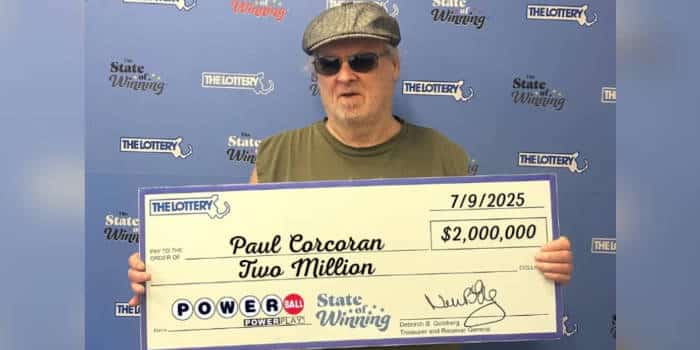
Lottery
July 18, 2025
Man Wins $1M from 2 Powerball Tickets
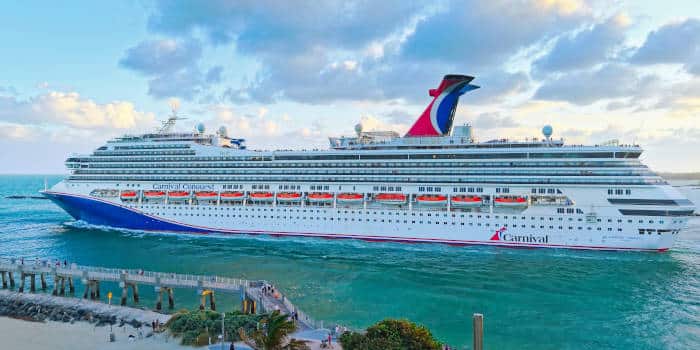
Industry
July 18, 2025
Carnival Corporation Becomes Member of AGA

Casino
July 18, 2025
Evolution on Q2 Results: “2025 Will Be a Great Year”

Poker
July 17, 2025
Michael Mizrachi Takes WSOP Main Event, Wins $10M

Industry
July 17, 2025
New Jersey Gaming Posts $581.6M in Revenue for June


